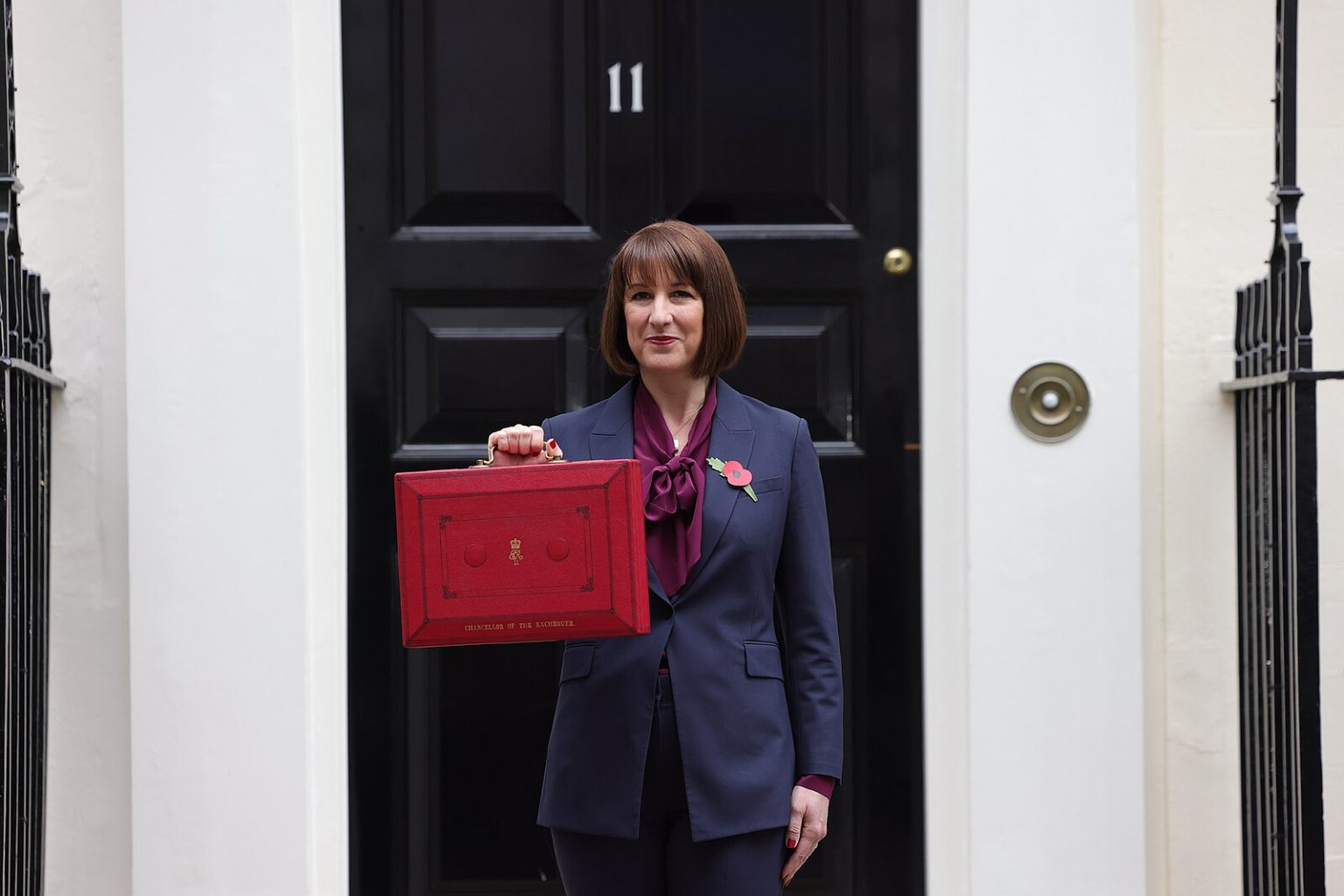The first Labour Budget in 14 years, delivered by Chancellor Rachel Reeves, introduced new tax and spending measures as part of a plan to “rebuild Britain.”
From National Insurance changes to Corporate Tax developments, these updates could significantly impact your business and personal finances. Here are the highlights relevant to small business owners and individuals.
Employer’s National Insurance Changes
From April 2025, the Employer’s National Insurance (NI) rate will increase from 13.8% to 15%, with the earnings threshold dropping from £9,100 to £5,000, meaning more of your payroll will be subject to this higher rate. To ease the impact on smaller employers, the Employment Allowance will double to £10,500, with expanded eligibility by removing the £100,000 threshold.
Increase in National Living Wage
From April 2025, the National Living Wage for those aged 21+ will rise to £12.21 per hour, with other minimum wages increasing across age groups. This will mean wage adjustments for around three million eligible workers, impacting business payroll budgets.
Making Tax Digital for Income Tax
The government confirmed the rollout of Making Tax Digital for Income Tax (MTD IT), requiring digital record-keeping and quarterly HMRC updates for businesses and landlords. The threshold will start with incomes over £50,000 from April 2026, expanding to those with incomes above £30,000 in 2027, and £20,000 by 2029.
Interest Rate Increase for Late Tax Payments
From April 2025, the interest rate for late tax payments will increase by 1.5 percentage points, bringing it to the Bank of England base rate plus 4%. This emphasizes the importance of timely tax payments to avoid higher charges.
Corporate Tax Roadmap
The headline Corporation Tax rate will be capped at 25%, while the Small Profits Rate for companies with profits under £50,000 will remain at 19%. Full expensing for qualifying purchases will continue, allowing 100% first-year tax relief on eligible assets.
Changes to Business Rates and Fuel Duty
Retail, hospitality, and leisure businesses will retain some business rate relief, although reduced, while fuel duty will remain frozen until March 2026, continuing to save drivers an estimated £59 annually.
Capital Gains Tax (CGT) and Reliefs Adjustments
Starting with 30 October 2024, CGT rates on asset disposals will increase to 18% (lower rate) and 24% (higher rate), aligning with current residential property CGT rates.
Business Asset Disposal Relief and Investors’ Relief will see phased rate increases, rising to 14% by 2025 and 18% by 2026, giving business owners time to adjust.
Inheritance Tax (IHT) and Business Relief Adjustments
New IHT changes will impact how pensions are handled in estate planning. From April 2026, pension funds will be included in the IHT calculation, affecting many individuals’ retirement and legacy plans.
Additionally, Business Relief rates will adjust: the 100% relief rate will now apply only to the first £1 million of business and agricultural property, with a 50% rate on amounts over that threshold. These changes could substantially affect the tax liabilities of high-value estates, making proactive estate planning more essential than ever.
For tailored advice on how these IHT changes might affect your financial plans, contact us.

February 7, 2025
Stay Compliant & Protect Your Brand—Take Ac

October 31, 2024
Autumn Budget 2024: How this affects you?

August 27, 2024
Offshore Funds & Assets as Secret as a Billbo

August 1, 2024
Changes to the taxation of non-UK domiciled indivi

July 26, 2024
